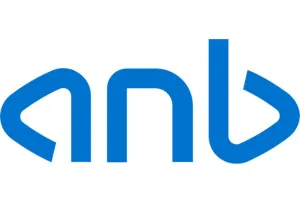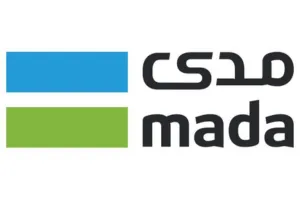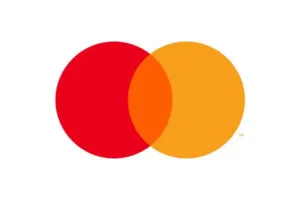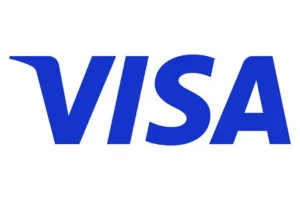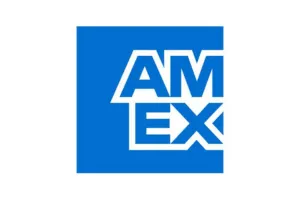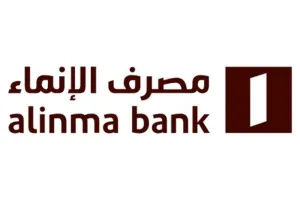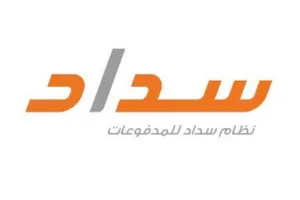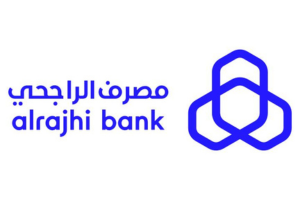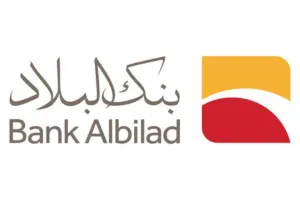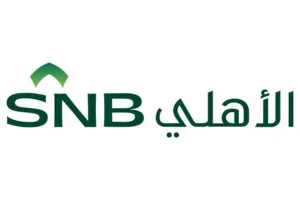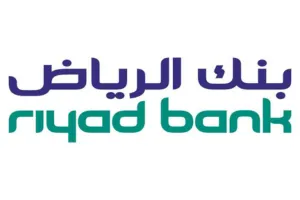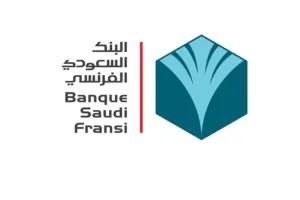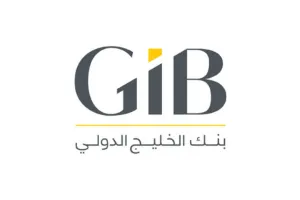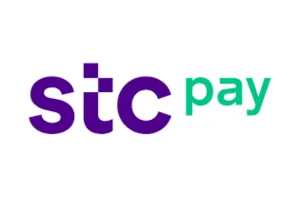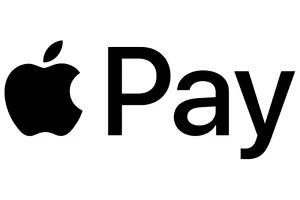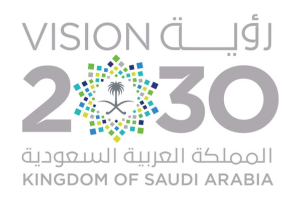Feasibility study of a project to manufacture milk and cheese from camel milk
Establishing a factory specialized in manufacturing dairy and cheese products from camel’s milk, including pasteurized milk, yogurt, cheese, and other derivative products such as butter and milk powder. The project aims to meet the growing demand for camel milk products due to its high health benefits and nutritional value, with a focus on the local market and export markets in the Gulf, Europe and Asia.
Study content
Rationale for choosing the project
Rising demand for camel milk: Growing health awareness of its benefits such as improving immunity, promoting digestive health, and low lactose content.
Lack of available products in the market: Limited availability of camel milk and cheese in local and international markets.
Government support for the agricultural and food sector: Providing incentives for projects that contribute to achieving food security in the Kingdom.
Significant export potential: Increasing demand for camel milk products in international markets, especially in Europe and Asia, due to their health benefits.
Utilizing local resources: The availability of large numbers of camels in the Kingdom, which facilitates obtaining the raw material at competitive prices.
Investment advantages
Growth of the health food sector: Rising demand for natural food products with high health benefits.
Government incentives and subsidized investments: Financial support and logistics from agricultural and industrial development programs.
Competitive advantage in global markets: The uniqueness of camel milk products makes it a unique product in local and international markets.
Low local competition: Few factories specialized in manufacturing dairy and cheese products from camel milk.
Possibility of export: Great opportunities to sell products in the Gulf, European, and Asian markets, where the demand for these products is increasing.
Demand analysis
Growing local demand: Growing awareness of the benefits of camel milk in Saudi Arabia, especially among those interested in healthy nutrition and athletes.
Demand in international markets: Rising demand in Europe and Asia due to the unique nutritional properties of camel milk, especially in the dietary supplement and health food sector.
Variety of uses: Products can be incorporated into the food industry, such as the production of chocolates, baked goods, and health drinks.
Supporting the tourism sector: Use the factory’s products in luxury hotels and resorts as premium products that reflect local heritage.
Financial indicators
Expected investment capital: SAR 100-180 million.
Payback period: 4-6 years.
Return on Investment (ROI): 18-22%.
Expected revenue: SAR 250-400 million per year after full operation.
Features of the project
A unique and healthy product that meets the demand for natural foods with high health benefits.
Local manufacturing reduces dependence on imports and enhances food security in the Kingdom.
The use of modern technology in production processes to ensure high quality and strict health standards.
Potential to develop various product lines including yogurt, cheese, fortified milk, and milk powder.
High marketing capacity by targeting local and international markets, especially in the organic and healthy products sector.








